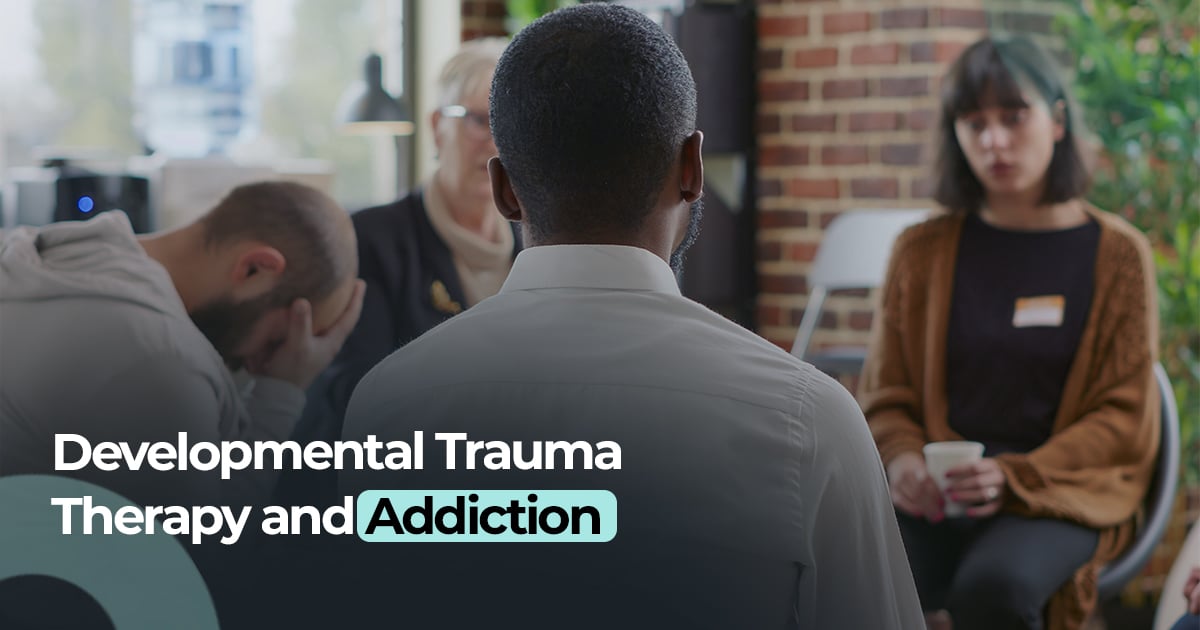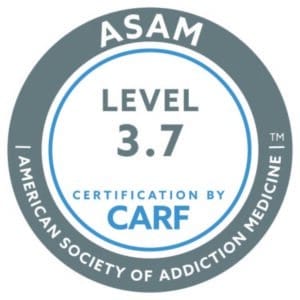Did you know that a traumatic event in childhood can later lead to a life of addiction? Although several different factors can trigger an addictive lifestyle, childhood trauma represents one of the leading causes of addiction in adults. According to one study, 77 percent of respondents that received treatment for substance abuse and the symptoms generated by Post-Traumatic Stress Disorder (PTSD) experienced at least one traumatic event during childhood. Childhood trauma, which also goes by the name developmental trauma, increases the likelihood of someone falling into addiction as an adult.
What is Developmental Trauma?
Defining developmental trauma is not easy to do, as it constitutes a large number of traumatic events. Childhood trauma can be a one-time event that causes irreparable harm to a child, as well as years of trauma that occur frequently. For example, neglect represents a common form of childhood trauma, and it can last until a child reaches adulthood. Sexual, physical, and emotional abuse also can be inflicted over the course of several years. One-time traumatic events often consist of some type of accident that causes physical and/or emotional harm. Another type of one-time traumatic event is the grief that follows the death of a loved one.
What is the Connection Between Childhood Trauma and Addiction?
The negative physiological impact of developmental trauma concerns the brain releasing endorphins, which produce a good feeling both physically and emotionally. When a traumatic event happens, the brain no longer produces a sufficient amount of endorphins. After experiencing one or more traumatic events during childhood, the same person tries to find a way to recover the feeling of pleasure when entering adulthood. Addiction to anything from gambling to prescription medications temporarily replaces the lack of pleasure. At some point, addiction turns into spiraling down into feelings of fear, anxiety, and/or depression.
What Are the Types of Addiction?
When you think of someone suffering from PTSD, you probably associate coping with the aftermath of traumatic events with an addiction to alcohol. Although alcohol represents the most common type of addiction, other actions can come into play to cause addiction. Dr. Gabor Mate, who is considered a leading expert in the field of diagnosing and treating addiction, defines addiction like this: “An addiction manifests in any behavior that a person finds temporary pleasure or relief in and therefore craves, suffers negative consequences from, and has trouble giving up.”
In addition to alcohol, addiction can consist of sex, gambling, social media, and even exercise. Another common form of addiction involves the overconsumption of narcotics and prescription medicines. Many people that are treated with developmental trauma therapy suffer from more than one addiction. For example, an adult suffering from childhood trauma can be addicted to alcohol, which leads to gambling addiction.

How Do I Reduce the Negative Impact of Childhood Trauma?
Because developmental trauma can last a lifetime, anyone suffering from an addiction it must be proactive when it comes to alleviating the negative impact of traumatic childhood events. For most adults suffering from childhood trauma, understanding the root cause of the trauma is the best place to start.
According to the Centers for Disease Control and Prevent (CDC), 61 percent of adults report experiencing at least one traumatic childhood event. Let’s see how you can mitigate the negative effects of developmental trauma.
Work with a Mental Health Professional
The term “mental health” conjures up numerous negative connotations, but developing healthy mental health is essential for living a robust life.
The negative impacts of developmental trauma can be found deep within our subconscious. Traumatic events dramatically alter our worldview, and not in a good way. To determine how to reverse the negative impact of childhood trauma, you should examine the behaviors that result from the suffering of adverse childhood events.
Therapy continues to be the most effective method for treating developmental trauma. With the advice and guidance of a licensed therapist, you can open mental doors that allow you to discover why you have become addicted to something or more than one thing. Knowing what caused your trauma is just the start of removing it from your subconscious.
Working with a therapist can help you unveil the root causes of why you suffer from one or more addictions.
Do Your Part
Working with a therapist does not guarantee you remove all of the emotional scars that are associated with childhood trauma. You have to do your part, which starts by making the commitment to remove the negative emotional issues that are caused by developmental trauma. If your therapist recommends completing daily mindfulness techniques, you have to commit to the emotionally healing practice to make progress on the road to recovering from one or more addictions.
One of the keys to eliminating one or more addictions from your life involves removing negative energy and channeling positive energy into the things you love to do.
Find a New Passion or Return to an Old One
When you start to make progress with your therapist concerning an addiction that has developed because of childhood trauma, you should find a new passion or return to an old one to give you a sense of purpose. One of the leading causes of addiction is the loss of wanting to live. Pursuing a new hobby or returning to an old one can give you something to look forward to each day. After a few therapy sessions, your therapist might have some ideas about what you should devote your time to as a new passion.
Take the First Step
If you repress anger, lose your sense of worth, and/or feel unwanted by people that at one time were close to you, the time has come to schedule an appointment with a therapist at Opus Health by calling 855-953-1345 to help implement developmental trauma therapy techniques. Feeling trapped and needing a way to escape by falling into one or more addictions is no way to go through life.
When you attend therapy sessions, you should acquire a much better understanding of why and how developmental trauma has negatively impacted your life.












